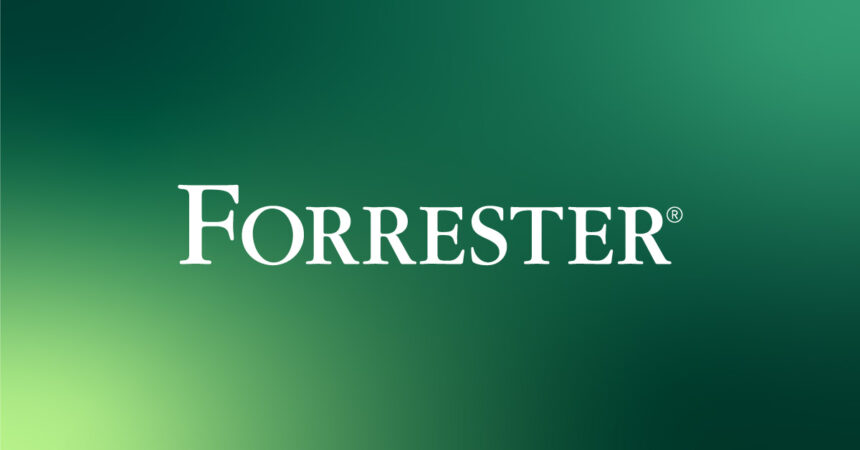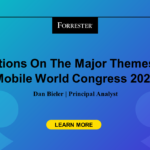Daniel Kahneman was an unlikely economist. He was trained as a psychologist and spent much of his career at Princeton as a psychology and public affairs professor. Yet, his contribution to modern economics, for which he received the Nobel Prize in 2002, remains unparalleled. Kahneman’s research has shaped much of how today’s experts think about consumer choice and decision making. Daniel Kahneman died on March 27th at the age of 90.
Kahneman upended a fundamental premise that long guided economists – “homo economicus,” or the rational economic being who responded to stimuli in a very predictable manner, guided by the laws of economics. Turns out, there is much more to it than that. At the heart of Kahneman’s contribution is the idea that people make decisions in a way that is not always rational, but this irrationality is often predictable and based on heuristics.
When we started building the Forrester Brand Energy framework many years ago, one of my primary objectives was to use traditional quantitative research and econometric analyses to vet the idea that there was more to a consumer’s choice of brands than salience and a rational evaluation of features, functionality, and pricing. Kahneman wrote about dual processes where some part of us made careful, studied, deliberate decisions (System 2), and another part made choices fueled by intuition and impulse (System 1). Our analysis found that the emotional engagement that brands created with consumers accounted for about half of the brand’s strength, or “energy.” Indeed, what Kahneman referred to as System 1 thinking was the most dominant source of brand power and equity.
At Forester, how we think about consumers making brand choices and how we model that relationship owes a significant debt of gratitude to a truly unique psychologist, economist, and observer of human behavior.
To learn more about Daniel Kahneman without having to read academic papers, I would recommend:
- This New Yorker story about Kahneman and his friend and colleague Amos Tversky who surely would have shared Kahneman’s Nobel had he been alive at that time.
- This eminently readable book by Michael Lewis called the Undoing Project (featured in the previous New Yorker Article).
- If you’re digging what you’re reading, then you can read Kahneman’s book, Thinking Fast and Slow, which is quite accessible (bit also quite long)
To read more about Brand Energy, read:
Want to discuss how Kahneman’s work and/or emotions drive brand energy? Schedule time with me for an inquiry or a guidance session. To follow my research, you can go to my Forrester bio and choose “Follow.”








